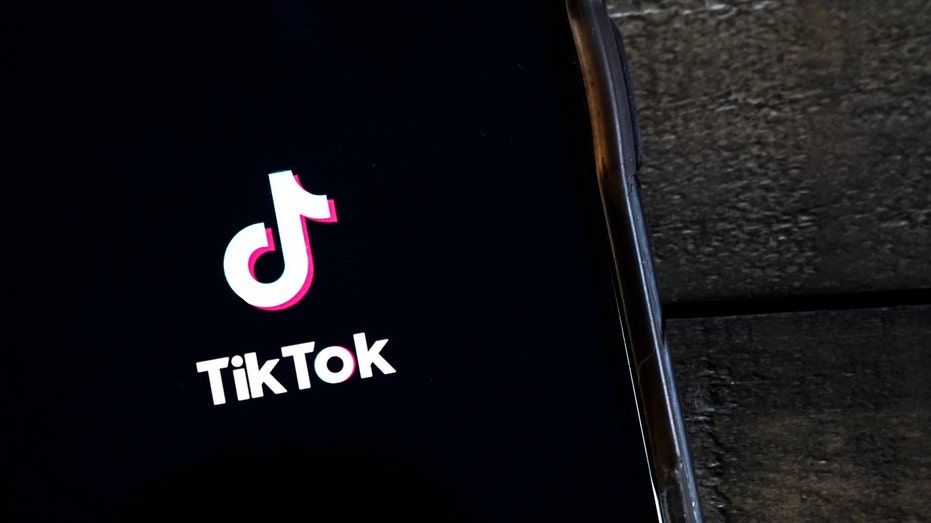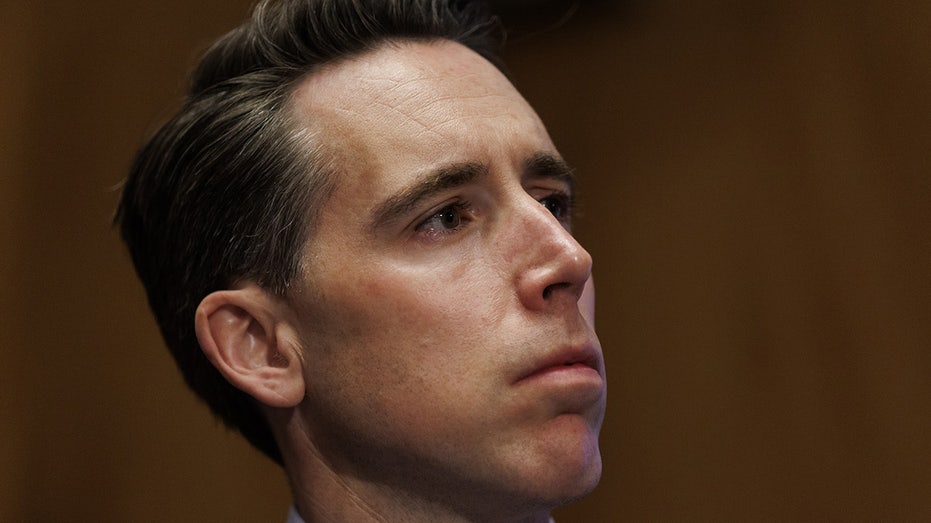Chinese spy flight controversy acting as catalyst for Congress to pass nationwide TikTok ban
Republicans introduced the No TikTok on United States Devices Act last month
China is on a path of ‘exploration’ of US national security: Lt. Colonel Daniel Davis
Former U.S. Army Lt. Colonel Daniel Davis joined ‘Mornings with Maria’ to weigh in on President Biden’s decision to remain silent after directing four shoot-downs of flying objects.
The controversy surrounding Chinese surveillance balloons reportedly could act as the catalyst in driving Congress to enact legislation banning TikTok in the United States over national security concerns.
American lawmakers have been accelerating calls to ban TikTok, owned by Chinese internet company ByteDance, nationwide at the federal level since the U.S. military nearly two weeks ago shot down a suspected Chinese spy balloon off the Carolina coast after it traversed sensitive military sites across North America.
Last month, Sen. Josh Hawley, R-Mo., and Rep. Ken Buck, R-Colo., introduced legislation dubbed the No TikTok on United States Devices Act, which seeks to prohibit the Chinese-based TikTok app from being downloaded on U.S. devices and ban commercial activity with TikTok’s parent company, ByteDance.
Though Hawley recognized banning TikTok on government devices was a step in the right direction, he said, "now is the time to ban it nationwide to protect the American people."
CHUCK SCHUMER SAYS US TIKTOK BAN ‘SHOULD BE LOOKED AT’

U.S. lawmakers are growing increasingly hostile toward TikTok. (Drew Angerer/Getty Images / Getty Images)
"TikTok poses a threat to all Americans who have the app on their devices. It opens the door for the Chinese Communist Party to access Americans’ personal information, keystrokes, and location through aggressive data harvesting," Hawley said in a statement on Jan. 25 before the spy balloon controversy.
The No TikTok on United States Devices Act would direct President Biden to use the International Emergency Economic Powers Act (IEEPA) within 30 days to block and prohibit transactions with TikTok’s parent company ByteDance, with stiff penalties for entities that attempt to evade these sanctions.
Within 120 days of enactment, the legislation would require the Director of National Intelligence to submit a report and brief Congress on the threats to national security posed by TikTok.
That would include the ability of the Chinese government to access U.S. user data; the ability of the Chinese government to use U.S. user data for intelligence or military purposes, including surveillance, microtargeting, deepfakes, or blackmail; and ongoing efforts by the Chinese government to monitor or manipulate Americans using data accessed via TikTok.
In an interview last month with "The Marc Cox Morning Show," Hawley said TikTok is accessing users’ email, their photos and their contact lists and is following their keystrokes and the websites they visit. The senator said all that information "can be accessed by the Chinese Communist Party in Beijing."

The remnants of a large balloon drift above the Atlantic Ocean, just off the coast of South Carolina, with a fighter jet and its contrail seen below it, Feb. 4, 2023. (Chad Fish via AP, File / Getty Images)
But a spokesperson for TikTok, Brooke Oberwetter, told USA Today that the app doesn't access users' emails, follow keystrokes or track websites visited by users through their browsers outside the app. She also claimed TikTok doesn't access users' photos, videos or contacts unless the user allows it.
Oberwetter also told the outlet that TikTok executives have said the Chinese government has not asked for U.S. user data and if they had, they wouldn’t share that information anyway. The Washington Post reported that app does collect email and IP addresses, phone numbers and users’ approximate location.
During a House Homeland Security Committee hearing last November, FBI Director Christopher Wray told Congress he was "extremely concerned" about the Chinese government weaponizing data.
Wray warned that APIs – application programming interfaces – ByteDance embeds in TikTok’s platform are a threat to national security because the Chinese government could "control data collection of millions of users or control the recommendation algorithm, which can be used for influence operations."

Sen. Josh Hawley, seen in a Senate Homeland Security and Governmental Affairs Committee hearing, introduced legislation in January for a federal TikTok ban. (Ting Shen/Bloomberg via Getty Images / Getty Images)
Republican-run states have taken the lead in issuing restrictions on TikTok, mainly banning the platform on state government-issued devices, as critics categorize the app as another Chinese surveillance tool. Universities, meanwhile, have also taken steps to limit access to TikTok at least on campuses.
Even Democratic Senate Majority Leader Chuck Schumer joined the conversation over the weekend, telling ABC News that a nationwide U.S. ban on TikTok is "something that should be looked at."
CLICK HERE TO GET THE FOX NEWS APP
TikTok has been working for years to avert a ban in the U.S. after former President Donald Trump threatened to do so, and it has invested some $1.5 billion in reorganizing its U.S. operations while offering federal regulators more oversight as part of a plan that it says will ensure U.S. user data would not be accessible to its parent company and, therefore, shielded from the CCP.
TikTok CEO Shou Zi Chew is expected to testify before the Energy and Commerce Committee in March.
FOX Business’ Breck Dumas contributed to this report.




















